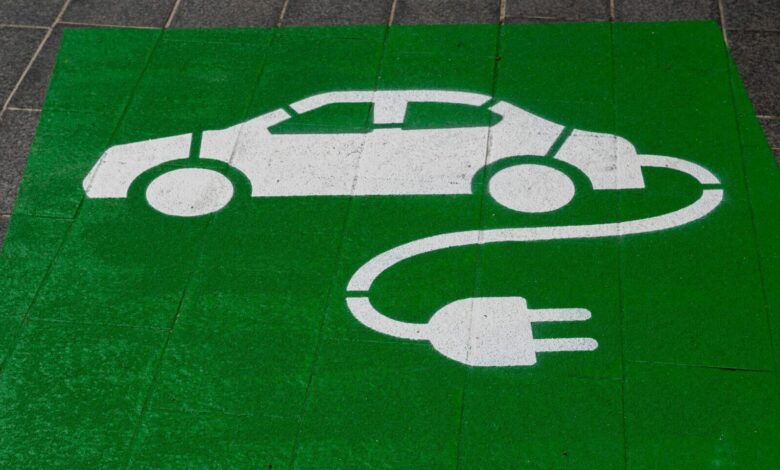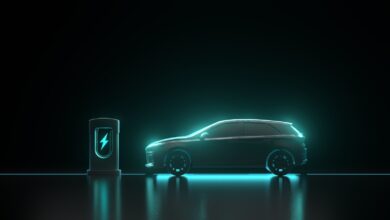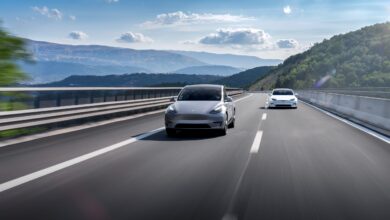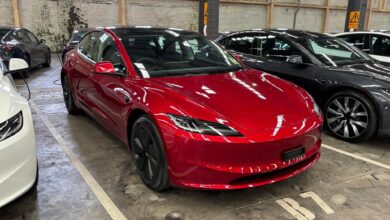European Car Makers Hitting the Brakes on Electric Vehicles ━ The European Conservative

Car manufacturers are slowing their transition to producing electric vehicles (EVs), because of low customer demand and production problems.
Mercedes-Benz announced to investors in March of this year that it is going back on its pledge to sell only fully electric cars by 2030. Instead, investors were told that the company plans to continue to make gasoline-powered cars well into the next decade. Fully electric cars and hybrids will account for only up to half of its sales by 2030.
It appears that carmakers are suffering after committing wholeheartedly to the ideological fad of EVs, rather than introducing them as a rival product in their combustion engine-dominated competitive market.
While electric cars sales exploded in northern Europe several years ago, due largely to generous government subsidies backed by EU funds, sales of plug-in electric vehicles have been weaker than expected in other markets. Some more publically than others, carmakers are beginning to admit to this trend.
“Unexpected developments may arise in particular from geopolitical events and trade policy,” Mercedes-Benz said in the statement. “Further supply chain disruptions and in particular, availability bottlenecks for critical components, remain a significant risk factor.”
The company explained that it would remain “strategically focused” and “tactically flexible,” regarding electric vehicle production, by monitoring demand, the growth of charging infrastructure, and changes in the supply chain. Following the announcement, the carmaker’s stock price rose 5.9% (also supported by a $3.3 billion share buyback program, according to the trade website insideevs.com).
El Debate reports that the Volkswagen group confirmed in a recent press conference that it had already started manufacturing cars using a multi-energy integrated approach by producing the same car in a range of versions: gas-powered engined, plug-in electric, and hybrids. The news site points out that this approach has proven very successful as the long-standing strategy of French carmaker Stellantis.
Other automakers—including Ford and Renault—have been less public about their partial abandonment of the EV project. Ford recently revealed that they’re planning for a new model combustion engine (albeit hybrid) in 2027, and Renault has launched a division named ‘Horse’ where it will produce combustion engines for markets outside Europe—possibly without having the main company name associated with it.
The EU’s ban on selling new cars with combustion engines after 2035 notwithstanding, consumers still prefer gas or diesel powered cars over fully electric cars. This isn’t expected to change in the near future.



